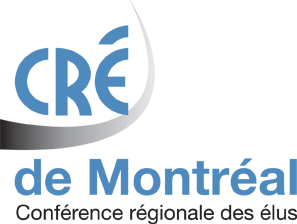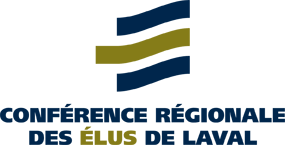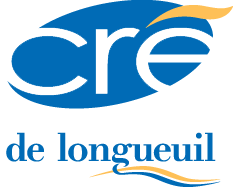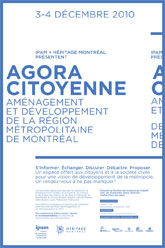
An initiative possible with the help of






Citizens’ Agora on Land-Use and Development in the Montreal Metropolitan Region
December 3&4 2010
UQAM, Pavillon Sherbrooke
200, Sherbrooke W st, Montreal
Register before November 30, 2010
Background
The Montreal metropolitan region is currently involved in a wide-ranging review of its master plans and development plans, and the effects of this will be felt for many years to come. Such a planning exercise has a direct impact on the everyday concerns of the region’s population, namely, transportation, housing, quality of the environment, green spaces, land-use, economic development, wealth distribution across the territory, stakeholder participation in these choices, and governance by elected officials.
This complex process should lead to harmonizing the plans and “schémas” of the metropolitan region’s various administrative levels. Bill 58, adopted on June 1, 2010, anticipates that this harmonization will come about via the CMM drawing up a metropolitan land-use and development plan. This integrated planning exercise will require that MRCs and the various cities agree on a common urban development vision.
The new development plan will pertain in particular to transportation planning, the protection and enhancement of natural and built-up environments and landscapes, the identification of areas where land-use and transportation planning must go hand-in-hand, enhancement of agricultural activities, and the identification of areas slated for urbanization based on the optimal use of available non-agricultural lands.
For the government, which issued guidelines for preparing the plan, this planning exercise should be driven by a vision of Québec as a province whose prosperity is derived from dynamic, inviting, and innovative local and regional municipalities with both the decision-making expertise and ability to ensure harmonious land-use and development.
In 2003, the Communauté métropolitaine de Montréal (CMM) issued a strategic vision statement, Vision 2025, titled “Charting our International Future: Building a Competitive, Attractive, Interdependent and Responsible Community,” on the basis of which it will prepare the next metropolitan land-use and development plan.
Some other metropolitan regions have successfully come up with similar agreements over metropolitan development, and they can serve as models from which we can draw lessons; of particular interest are Lyon, Barcelona, Berlin, Paris, Bordeaux, Portland, Boston, New York, Vancouver, and Toronto. The Agora to be held this fall is novel in several respects: it aims to mobilize civil society broadly around the issue of planning choices for the metropolis of Québec, to provide the required public forum and necessary resources in the form of information and examples of best practices from elsewhere, to offer the opportunity to debate the relevant issues and to issue recommendations as well as to give participants the possibility to question officials who have been invited as speakers.







 IPAM's Facebook Page
IPAM's Facebook Page